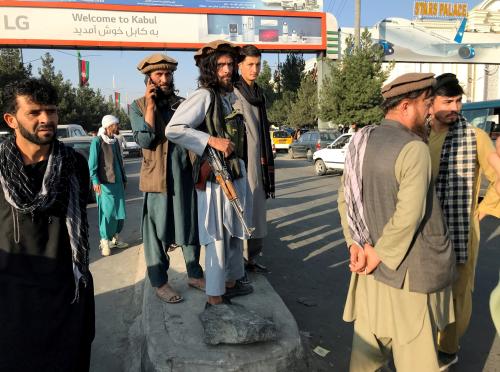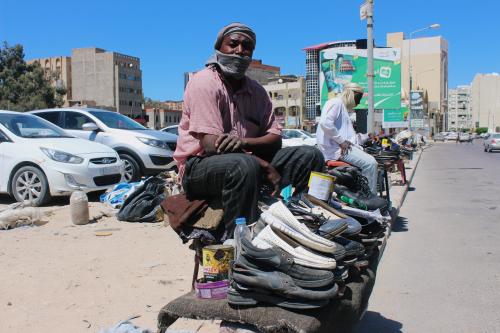“I wish to express my deepest condolences to the people of Iran for the
tremendous suffering that has followed in the wake of last Friday’s
earthquake in Bam. As the estimate of those killed rises to over 20,000,
my heart goes out to the many families who have lost their loved ones.
It is currently estimated that 90 per cent of the homes in Bam have been
destroyed and at least 70,000 persons have been left homeless. Some of
these are believed to be staying with family members, but many are relying
on support from Iranian authorities, the Iranian Red Crescent Society, and
international humanitarian organizations, all of whom are reportedly doing
an exemplary job in providing for immediate needs for blankets, tents,
water, health care and other necessities.
Those who have lost their homes are considered “internally displaced
persons” by the international community according to the definition of the
Guiding Principles on Internal Displacement. As human beings, each of them
has the right to assistance and protection, respect for his or her human
dignity, and support in achieving a long-term solution to his or her
displacement. Yet, here, as in many situations of internal displacement
around the world, it may be beyond the capacity of the Government of Iran
alone to ensure that all of these rights are met.
This is a most tragic demonstration of the fact that internal
displacement, which is my concern as Representative of the
Secretary-General on Internally Displaced Persons, results not only from
conflicts and human rights violations, but also from natural disasters. It
also shows the extent to which these disasters often require international
cooperation to complement national efforts by the governments concerned.
I therefore urge all involved, including the international community, to
respond generously to the needs of the survivors of this disaster.
Moreover, as emergent needs recede, the Iranian authorities’ efforts to
respond to the long-term concerns of the displaced, such as durable
shelter, education, livelihood opportunities, and, eventually, the
rebuilding of their communities, should also be supported.”


Commentary
Generous Response to Needs of Those Displaced by Earthquake in Iran Urged by Representative
December 30, 2003